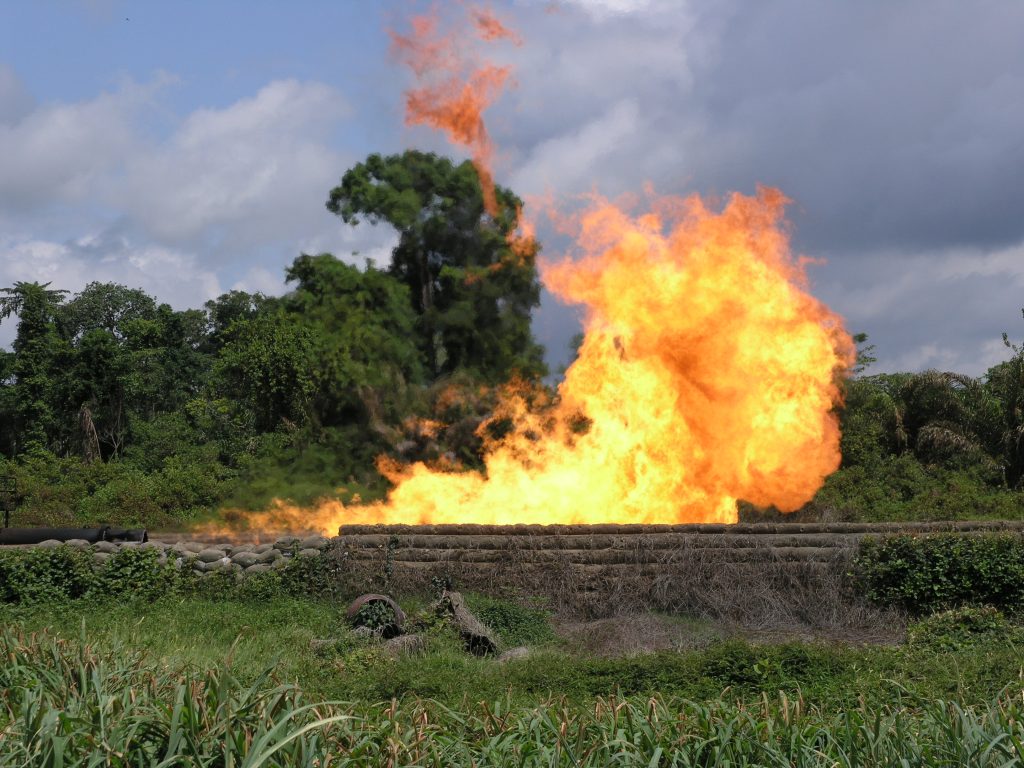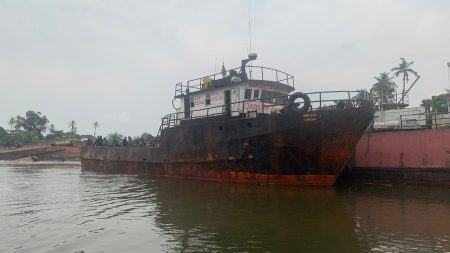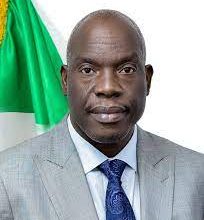
Chijioke K. Mama
15 March 2015, Sweetcrude, Lagos – Analysts have identified the interplay of three forces that affect petroleum resource management in Africa. Namely: Governance, Geology and Geography. These elements were first identified by Reuters’ Ed Stoddard and have since been cited by many other reports. To some extent, they are analogous to the originally identified factors of production – Land, Labor and Capital (some recent studies have added Technology). Unlike governance, geology and geography are given (naturally favorable or unfavorable). Thus, regions that have one or more factors as unfavorable – geography in Uganda and Kenya for example – can only work to re-engineer them, to a limit. So is geology but not governance, the quality of which is self-determined.
While it is possible to extend this model to other natural resources in Africa, they are especially true for petroleum production.
Governance has an overriding impact on all other factors, because it can utilize good policies to significantly mitigate the challenges posed by geology and geography. Where governance and regulatory tools are problematic, favorable geology and geography could still fail to deliver on expectations; ease of operation, revenue optimization and national development. Nigeria is an example.
Geography
Petroleum production in many African countries is export-focused. Low refining capacity throughout the continent means that products that will be used domestically must first go to refineries in America, Europe or Asia, before being shipped back. Nigeria and Angola are notorious in this case. (They have low domestic refining capacities although some projects are expected to be completed in the coming years; Lobito in Angola (2018) and Dangote Refinery/Petrochemical Plant in Nigeria (2017)) The geography of a nation and production fields, influences how products get to market; local, regional and foreign markets alike.
When processed domestically, a complex system of pipelines (subsea pipelines in the case offshore fields) are required to get products to processing plants. In the case of export markets, a combination of pipelines and vessels are required (with the attendant logistics hurdles and cost considerations). Midstream activities are affected by geographical factors such as the relative location of the country (or field) from the coast. In landlocked countries such as Uganda (still developing the recent finds by UK’s Tullow) a complex and expensive system of pipelines will be required to get the products to the export terminal at a coast (in another country).
This could have negative impacts on the cost, scope and time of projects in such regions. Multiple diplomatic hurdles have to be crossed, between transit nations and the final destination (export terminal-owner country; where this is different). The diplomatic and project execution challenges could be daunting. Even years after such infrastructures has been developed, utilization challenges continues to exist, factoring changes in government, infrastructural security and maintenance in foreign countries (sometimes in conflict regions).
Geology
Similarly, there are significant variations in the geology of the major African producers and regions. A company’s choice of where to participate and the degree of involvement could be influenced by the specific geological features of a field viz-a-viz its familiarity with and possession of technologies that will guarantee success.
In Angola, following depletions in the now brown fields of Cuanza basin (where early discoveries where made) most finds and operations are now in the deep and ultra-deep offshore areas. In these places only big players with the financial ability and technical competence can participate. These multinationals have the potential to muscle and coerce national governments, especially if the geology is very challenging and unattractive.
Governance
This is the most critical of the three Gs. In favorable and unfavorable geology and/or geography, an effective government has huge impacts on the overall petroleum production operations. A good governance and petroleum resource management regime mitigates the negative impacts of unfavorable conditions in the other two (2) Gs and can also optimize the positive aspects of a favorable geology and geography. Sadly, this is hardly the case in Africa.
In Nigeria for example, the geology and geography are favorable but resource management practices remain poor. If good policies and regulatory governance are implemented in the East African countries of Kenya and Uganda (with a challenging geography) they can compete with other regions in production efficiency within the entire value chain, when their fields come fully on stream.
It is governance that will dictate the terms of engagement often found in the Joint Venture (JV) and Production Sharing Agreements between operators and governments; promoting and/or discouraging foreign (local as well) participation in the industry. The diplomatic postures of a nation will determine its roles and conducts in geographical challenges such as the development/management of transnational pipeline infrastructures. This is also true for the management of Joint Development Zones or Areas for example.
Consequently, African leader in oil producing countries – through their myriads of regulatory agencies – can utilize effective policies to overturn the challenges of unfavorable conditions in petroleum production. Favorable ones as well, would be optimized for the benefit of governments and its people.
*Chijoke K. Mama is a Senior Oil and Gas analyst based in Lagos. Chijioke.mama@yahoo.com | 070-6101-3333. Twitter @chijiokemama
Sources
Ed Stoddard: Reuters | KPMG| Chijioke Mama: Refining capacities in African countries: same side of different coins. | Others



